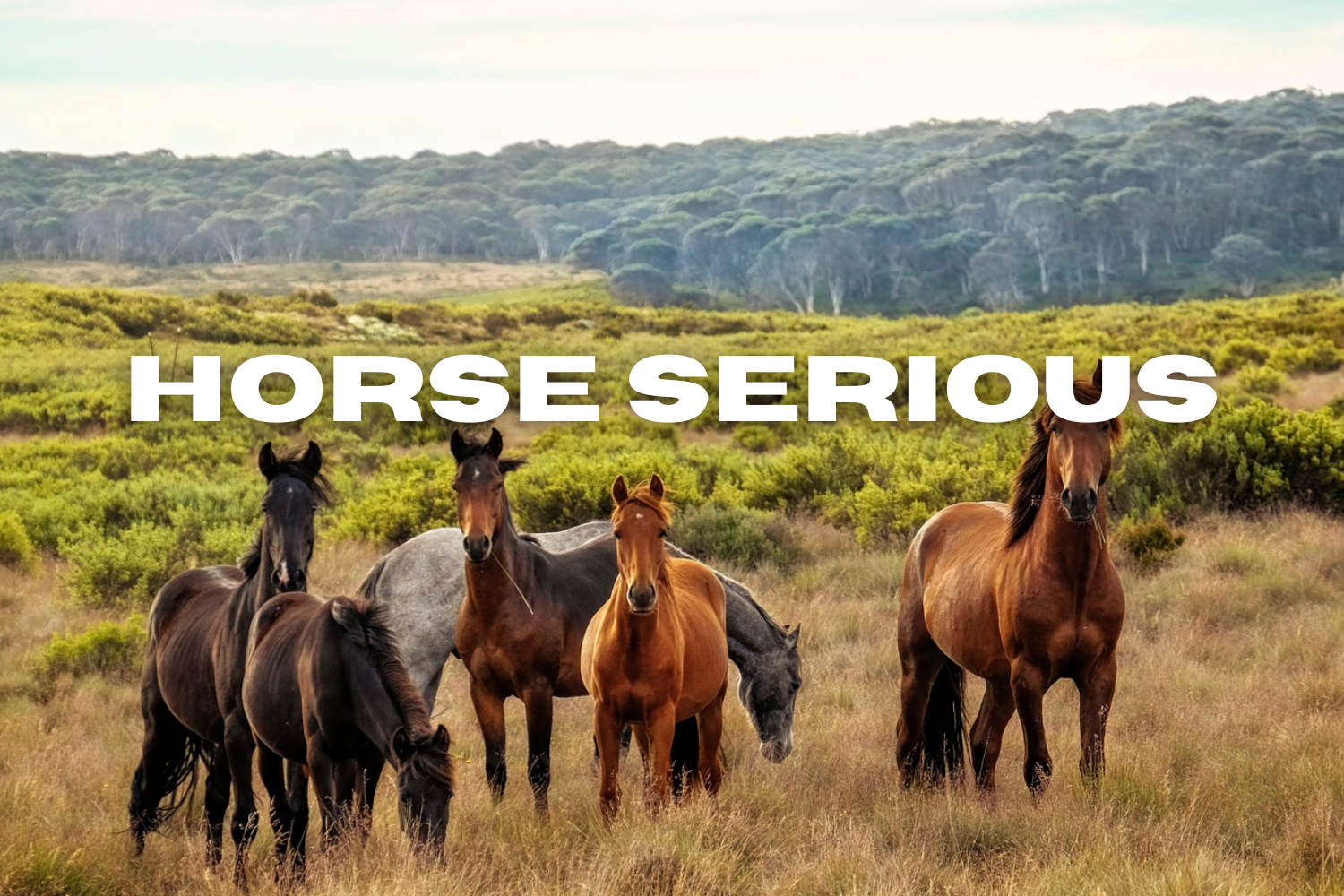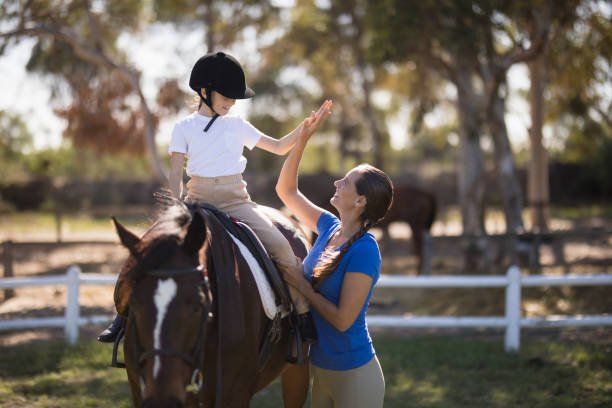Whether you’re a student or a coach, learning to create an efficient and effective plan for your training lessons is important.
Optimizing your schooling lessons allows you to progress on your horse and elevate yourself as a rider. If your coach asks what you’ve been working on since your last lesson and your answer is that you’ve been trotting along, raking in miles on the horses’ odometer. It might be time to come up with a game plan.
How To Optimize Your Schooling Sessions
Think of lessons as a staircase. Each step is a new skill or a step toward a new skill. Sometimes you might have to take some steps back and other times you can keep moving up. Here are some ways to elevate and optimize your training lessons so you can make the most of them!
How Do Horses Learn?
The best type of coach is one that adapts to the learning styles of their students and their horses. Of course, as humans, we can’t be certain about what it is like to be a horse. However, we can understand them to a degree. The key to understanding how horses learn is through equine learning theory. This theory describes schooling as a staircase. This staircase requires repetition and stepping from one basic skill to the next as well as taking breaks and allowing both the horse and rider to process what they have learned.
Horses also learn through choices. Everyone likes to be rewarded. Positive reinforcement, like praise or even an edible treat, indicates to the horse that they made the right choice. Additionally, making the right choice is the most obvious one. Avoid blocking wrong answers with pressure or aggressive tactics. Instead, think of making the right answer the easiest one.
Support the horse’s choice with positive reinforcement so that the horse will connect the dots. Also, accidental right choices should also receive reinforcement. By approaching the training positively, you are communicating what you want more than what you don’t want. Even rewarding basic efforts helps the horse get one step closer to the target behavior and allows you to ask more and more progressively each time.
When should you push for more and when do you take a break? Horses get anxious and when a horse is anxious, they will have issues learning. When we are successful, we tend to get greedy and impatient. So instead of pushing for more too fast, which could cause the horse to react negatively, wait, chill, then step again. Knowing when to quit is also important. Repetition teaches behaviours to become automatic, it helps build muscle memory and efficiency. Keep repeating what you have learned even after you’ve been successful.
Sometimes things get worse before they get better. If and when a setback occurs, try another approach or look for ways to break down/modify the skill into easier steps. This is where you as a rider or coach can get creative. Sometimes we are lacking creativity and it’s not the horses fault.
Make The Most Of Your Training Sessions
Planning an efficient lesson is key to making the most off each session. Go into each lesson ready by planning ahead of time what you’d like to work on. However, don’t plan too much. Always remain flexible. Don’t become discouraged if the rider or horse doesn’t get it instantly. It may take several lessons to get to the next step of the schooling staircase.
Don’t wing it. This will waste everyone’s time. Additionally, don’t skip steps either. Make sure the rider and horse are confident in what they have learned before you move on.
Speaking of confidence, there are many ways to help new riders feel more comfortable and confident in the saddle. Even if the rider is experienced and the horse is not, confidence is key. As a coach you can boost the confidence of a rider by recommending additional safety equipment, like an equestrian airbag. This technology helps even the most advanced riders. You never know what could spook a horse and result in a fall or injury. If your student is nervous on a horse, wearing an air vest might give them the boost of confidence they need to relax when on the horse.
Lastly, budget your skills and time. This means that if you don’t have a lot of time, don’t work on something new. Keep the staircase in mind, focus on the current step or even the last one you just did. When you have the time and the horse has overcome any setback, this is when you can work on the next step.
Importance of Creativity
As mentioned before, creativity is vital. You may not think you need to be creative as a coach or rider, but you do and that is also what makes riding fun. Flex those creative, problem solving muscles!
Horses and humans both need variety. Of course too many options make things confusing, but trying new things can keep things interesting for both the horse and the rider. Horses like routine and consistency, repetition helps but drills do not. Break up each lesson into categories to avoid boredom. The categories can include, show classes, essential manoeuvres, skills, obstacles etc.
Don’t be scared of the tough stuff. A great way to learn from mistakes and improve is by video recording each lesson. This allows the rider to see what they need to work on. Once you review the last lesson, then you can plan a lesson that targets the trickier stuff that may need to be worked on.
Utilize equipment. Like variety, try using different equipment. This not only keeps things interesting, it allows the horse to be more comfortable around different objects as well as builds tolerance and patience. This equipment can be pylons, poles, flags etc.
Check out different environments. Switch things up. If you’ve been mostly indoor during your schooling sessions, go outside. You don’t have to hitch the trailer, simply go down the drive way or the perimeter of the property. This helps the horse and rider build confidence. Again, if the horse is sensitive and spooks easily, wear an airbag vest for equestrians for extra security.
Lastly, learn to manage stress. A little stress can be helpful but it is important to take breaks. We don’t want to wear down the horse or rider. This should be fun and exciting for everyone.

